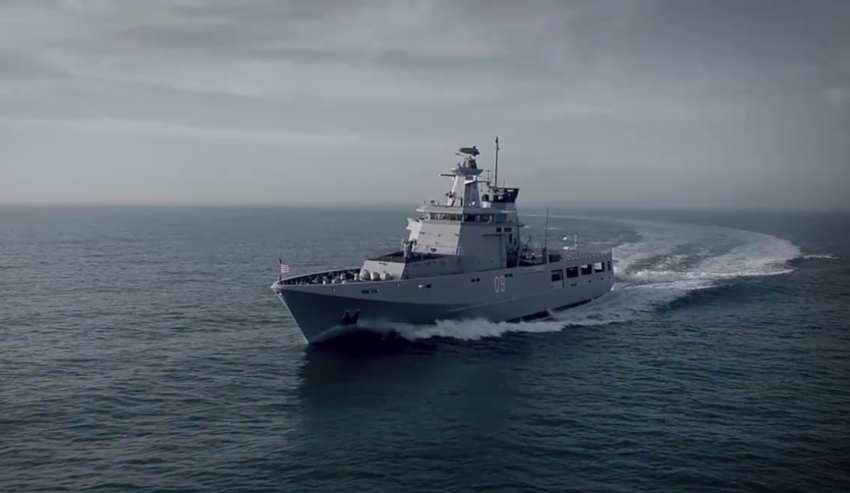Ongoing lobbying from politicians to include shipbuilders ASC and Austal as lead members in the $35 billion SEA 5000 project, and the surprise SEA 1180 decision opening the door for changes to design and building partners, are unlikely to sway the government.
The government's decision to choose Lürssen's design for the $4 billion Offshore Patrol Vessels but disregard the German company's preferred teaming partner and include Austal had many in the industry hoping this may help Austal and ASC take up key subcontracting building roles with the winner of the $35 billion Future Frigates project.
But Austal chief executive David Singleton said at this stage the decision has not shown any signs of impacting the government's course of action for the SEA 5000 project.
"I don't really think it'll have an impact on that," Singleton said.
"I think it's a separate set of discussions and separate set of calculations that will go on. I really don't think it has an impact on it."
Labor senator Kim Carr and Nick Xenophon Team senators have been furiously lobbying the government for several months to go against the request for tender, which had no requirement for the use of an Australian shipbuilder like ASC.
"In particular, the Commonwealth is not mandating that the successful tenderer use the workforce of ASC Shipbuilding Pty Ltd currently working on the AWD Program," the RFT reads.
Officials from the Department of Defence, including Minister for Defence Industry Christopher Pyne, Deputy Secretary Capability Acquisition and Sustainment Group Kim Gillis and Associate Secretary to the Department of Defence Brendan Sargeant, have previously said any changes to the SEA 5000 Future Frigate project at this stage of the tender evaluation process would cause delays to the project by up to two years.
Senator Rex Patrick of the Nick Xenophon Team said he welcomed the decision to include ASC, Austal and Civmec involved in the SEA 1180 project, but said it "puts a lie to the federal government's claims" that any changes to the tendering process for the $35 billion SEA 5000 project would significantly delay the project
"The final shipbuilding configuration announced ... which is different, proves the government can change tack even very late in the piece to give Australian shipbuilders a prime role," said Patrick.
"There is now no excuse for the government to maintain its stubborn course to not allow Austal and ASC to play leading roles with the Future Frigate build.
"If the government doesn't stand up for Australian shipbuilding and create a sovereign capability, it will undermine national security and compromise export markets and, in the process, cost thousands of local jobs and billions of dollars in economic activity."
The nine vessels, to be designed by either BAE Systems, Fincantieri or Navantia, are scheduled to begin construction in Adelaide in 2020. A decision on the successful tenderer is expected by April next year.
The nine new anti-submarine warfare frigates will replace Australia's Anzac frigate fleet.



